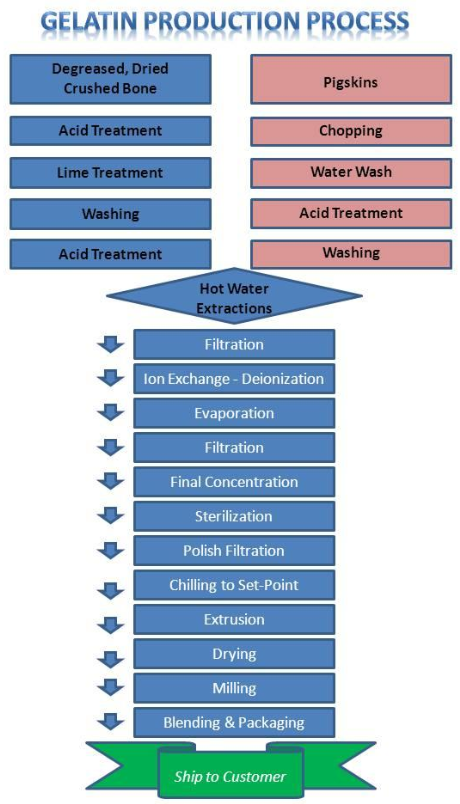Gelatin, kosher pork?
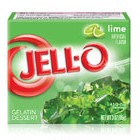 Members of God's congregations strive to follow the food laws laid out in the Bible. One of those laws is regarding unclean meats, and pork is one of them that is forbidden to be eaten. Any product or food made from pork should be considered unclean by scriptural standards and the kosher label on food is supposed to indicate that it is clean. But with gelatin, there seems to be a conflict.
Members of God's congregations strive to follow the food laws laid out in the Bible. One of those laws is regarding unclean meats, and pork is one of them that is forbidden to be eaten. Any product or food made from pork should be considered unclean by scriptural standards and the kosher label on food is supposed to indicate that it is clean. But with gelatin, there seems to be a conflict.
Gelatin is almost entirely protein and is derived from collagen in the skin and bones of an animal. Most all of the gelatin in our food is made from pork, even kosher gelatin. In fact, kosher gelatin can be made from any animal.
Rabbi Dovid Cohen
oukosher.org/blog/consumer-kosher/gelatin-revisited
Rabbi Dovid Cohen
oukosher.org/blog/consumer-kosher/gelatin-revisited
But kosher food can't be made with pork!
There has been a debate in the kosher industry for years whether or not gelatin from pork is kosher. This means that some kosher standards organizations will approve pork based gelatin as kosher, and some will not.
Rabbi (name censored)
http://www.keithhunt.com/Foodlaw6.html
An article on kosher foods on Wikipedia.org briefly addresses some of the differing factions opinions.
http://en.wikipedia.org/wiki/Kosher_foods#Gelatin
Special kinds of gelatin indicate the specific animal that was used for its production. ... There are many companies that specifically indicate the source of the gelatin used...
http://en.wikipedia.org/wiki/Gelatin#Religion_and_gelatin_substitutes
How many products that we currently purchase at our local grocery store indicate the source of gelatin in the ingredients list?
Some food companies aren't hiding it (sort of)
In the United States many food companies are actively communicating with the public which products contain pork, we just have to look for it.
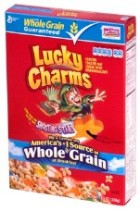
Kellogs
http://module.kelloggs.com/nutrition/util/faq.html#3a (link no longer works)
Kellogs also notes that some products use only beef gelatin, but can we trust this?
Products containing beef gelatin include all varieties of Kellogg's® Frosted Pop-Tarts®, Kellogg's® Frosted Mini-Wheats® cereal, Kellogg's® Rice Krispies Treats cereal, and the Kellogg's® Fruit-Flavored Snacks that contain gelatin.
http://module.kelloggs.com/nutrition/util/faq.html#3a (link no longer works)
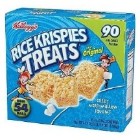 Evidently, we can't trust them to be consistent with separating pork from beef. This peice of information was harder to find, and is hidden behind a search box and a few mouse clicks. Compare this with the previous statement about fruit snacks only have beef gelatin.
Evidently, we can't trust them to be consistent with separating pork from beef. This peice of information was harder to find, and is hidden behind a search box and a few mouse clicks. Compare this with the previous statement about fruit snacks only have beef gelatin.http://www.kelloggs.com/en_US/FAQ.html?q=gelatin (link no longer provides useful information)
Kraft
This question is asked & answered in reference to BSE. But there is nothing to worry about, because it's not beef!
Q: Is the gelatin used in your products safe?
A: The majority of gelatin used in KRAFT products is from North American pork...
http://kraftfoods.custhelp.com/app/answers/detail/a_id/117
Is Jell-O Pork?
Considering that Kraft does not distinguish between pork and beef gelatin, then the only reasonable conclusion is that Jell-O is pork.
A: Gelatin is made from collagen, a protein that comes from animals used for food, like beef or pork.
http://kraftfoods.custhelp.com/app/answers/detail/a_id/588
Kraft is certainly more direct on their marshmallow products.
A: Yes, the type of gelatin used in JET-PUFFED marshmallows is pork-based.
http://kraftfoods.custhelp.com/app/answers/detail/a_id/597
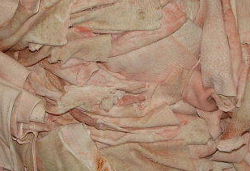
How is gelatin made?
Gelatin is derived from collagen, and the extraction process simply uses hot water. Gelatin is not a highly processed product.
http://pubs.acs.org/cen/whatstuff/stuff/8120jello.html
The Gelatin Manufacturers Institute of America has a gelatin "handbook" that details the production processes. There a few different methods for the preparation of raw materials, but the processing is similar regardless of the source.
Videos on gelatin production and manufacturing.
http://www.youtube.com/watch?v=uf0uEWGWLgg
How can we know most gelatin is from pork? Cost vs Value
http://www.gelatin-gmia.com/gelatinhandbook.html
The type of gelatin also determines what it is used for. Higher quality gelatins are used in manufacturing, photography and other industrial uses.
Gelatin from people?
Evidently, yes. Considering that some Rabbi's and kosher standards organizations support "any meat source" people based gelatin could be considered a "kosher product". As crazy as it sounds, scientist are already working on how to produce gelatin from human genes.
- "Next-Generation Gelatin Could be Derived from Humans Instead of Animals" (Popular Science)
- "Human-Derived Gelatin" (Journal of Agricultural and Food Chemistry)
Is there any clean gelatin?
Yes there is, but very few manufacturers produce it, basically specialty kosher companies, and you have to look carefully for it. There are a number of providers of gelatin made from seaweed, agar-agar, and fish, but the only one I have found so far that is 100% kosher beef based (hides), is Kolatin. Here's their site: koshergelatin.com
